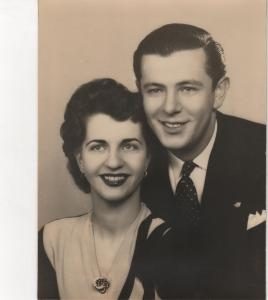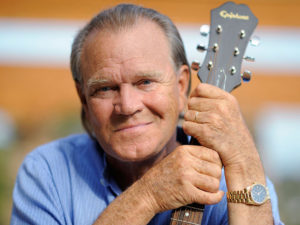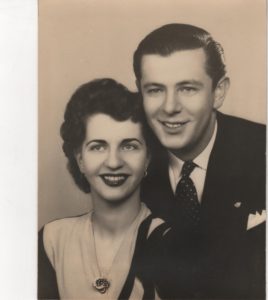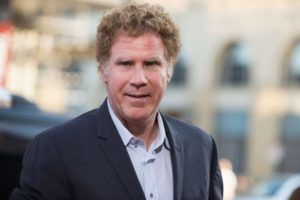I concluded a long time ago that there is no “good” way to lose someone with whom you are close.
My wife and I are still emerging from our sadness over the loss of her mother. She passed away a little more than a week ago at the age of 93.
Yes, she lived a long life and, yes, it was her time to let go. She did so quietly and peacefully. How does one react to that event? With profound sadness, no matter what one might know intellectually about the circumstances leading up to that final moment on Earth.
I counsel friends and acquaintances all the time when I learn of a loved one’s passing that “It still stinks.” They’ll say something about their departed loved one is “in a better place.” My faith tells me they are. However, it doesn’t lessen the emotional suffering of those they leave behind.
As for the circumstances preceding the moment of death, I am one who has endured loved ones’ passing in all manner of ways.
My father died suddenly, shockingly in a boating accident more than 38 years ago. The last thing I said to him prior to his departure on a fishing trip to British Columbia was, “I’ll see you Wednesday” when he was supposed to return home.
He didn’t make it to Wednesday.
My mother’s death was preceded by another, equally heartbreaking circumstance. She died four years after Dad of complications related to Alzheimer’s disease. My family and I watched her disappear before our eyes — even while she still drew breath. Her cognition vanished, along with her ability to speak and eventually to feed herself.
The pain upon learning of Mom’s death was every bit as searing as learning of my father’s sudden death.
Even as our faith sustains us as we make our way through this life on Earth, it gets tested when we say “goodbye” to loved ones.
So it goes. Death has this way of strengthening us as we cope with our loss.








